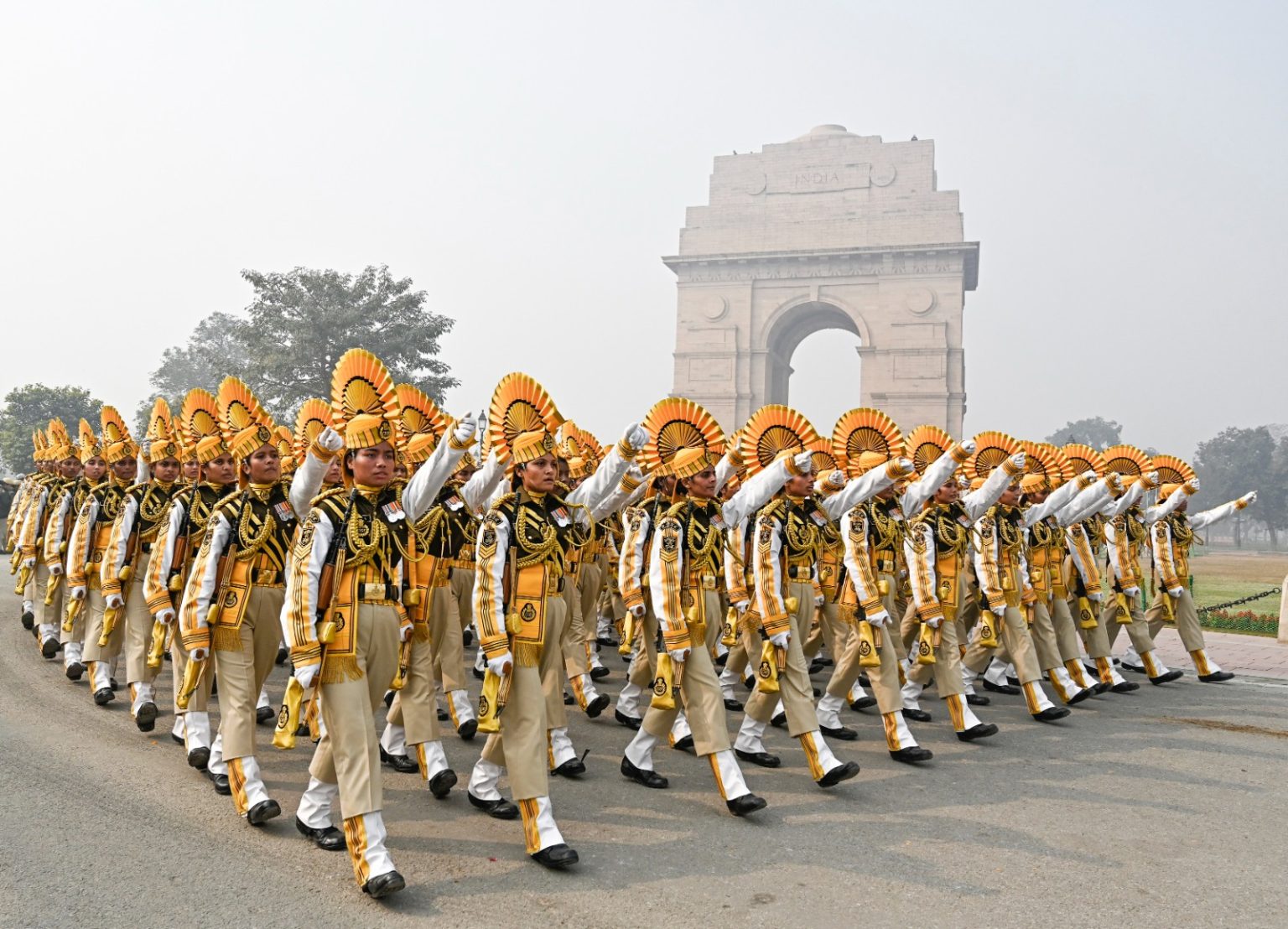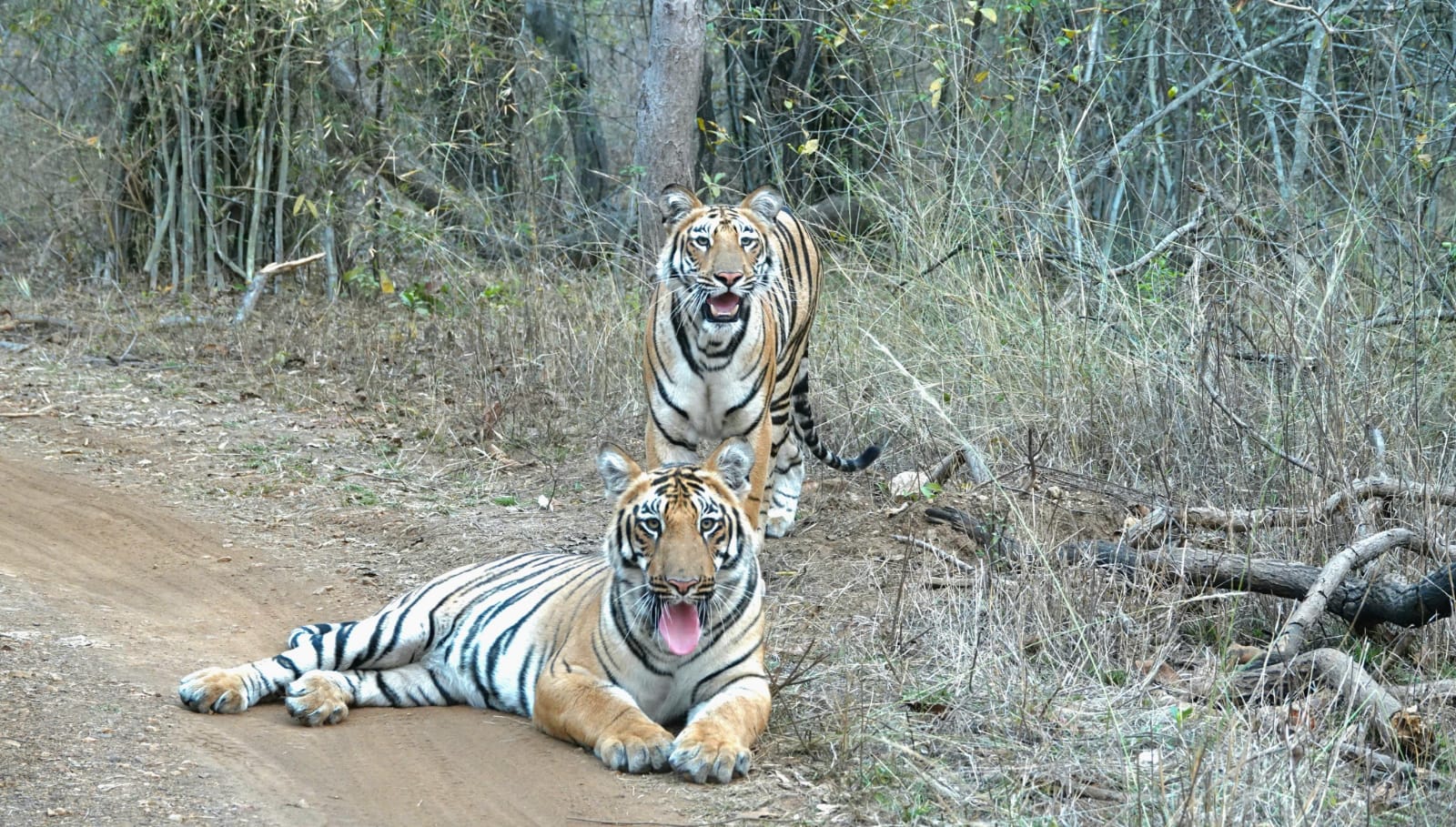India’s largest leopard safari was recently inaugurated at Bannerghatta Biological Park (BBP) which is located close to Bengaluru. It is the third leopard safari in the country. The Minister of Environment of Karnataka inaugurated the safari which has been planned and created in a way that perfectly suits the environment of Bannerghatta.
Key highlight
- The safari is spread across an area of 20 hectares. Proper security arrangements have been made with railway barricades and steel sheets to ensure visitors’ safety.
- The safari presently has eight leopards, which will soon be increased.
- The Minister also inaugurated several initiatives, including a renovated elephant weaning centre and a baby care room in the butterfly park.
About Bannerghatta Biological Park (BBP)
- BBP comes under the Zoo Authority of Karnataka. It spans over 731.88 hectares and was created out of Bannerghatta National Park in 2004.
- BBP is a major biological park of the State, encompassing several units including the zoo, safari, and butterfly park. It is particularly used for scientific development and wildlife protection.
- It has a rich wildlife that includes several species including birds, reptiles, lions, bears, and others.
- The park has a significant population of herbivores, the largest in any zoo in India.
- It is one of the most ideal habitats for leopards.
About Leopards
- The leopard is the smallest member of the Big Cat family and their scientific name is Panthera Pardus. The Big Cat family consists of Tiger, Lion, Jaguar, Cheetah, Leopard and Snow Leopard.
- Leopards have a unique ability to survive in a range of habitats. They are nocturnal animals and can hunt at night as well with the same ability.
- They are found in Sub-Saharan Africa, Western and Central Asia, and the Indian subcontinent.
- They are facing various threats, including poaching for the illegal trade of skin and other body parts, habitat loss, and conflict with humans.
- In the IUCN list, they are categorised as “Vulnerable”.
- They are protected in India under the Wildlife (Protection) Act, 1972, Schedule-I.
About the International Big Cat Alliance (IBCA)
- The world is concerned about the protection of the Big Cat family. India has recently approved the formation of a dedicated International Big Cat Alliance (IBCA) to protect them.
- 96 countries having big cat populations came together to create liveable conditions for big cats.
- They advocate policy initiatives, promote scientific research, and take action to mitigate adverse conditions.
- India has taken dedicated initiatives for the conservation of big cats. Its initiatives include Project Tiger, Project Leopard, and the Cheetah Reintroduction Project. These initiatives have produced significant results. According to the recently published Status of Leopards in India 2022 report, the leopard population increased by 8% from 12,852 in 2018 to 13,874 in 2022. Madhya Pradesh has the highest population of leopards (3,907).











